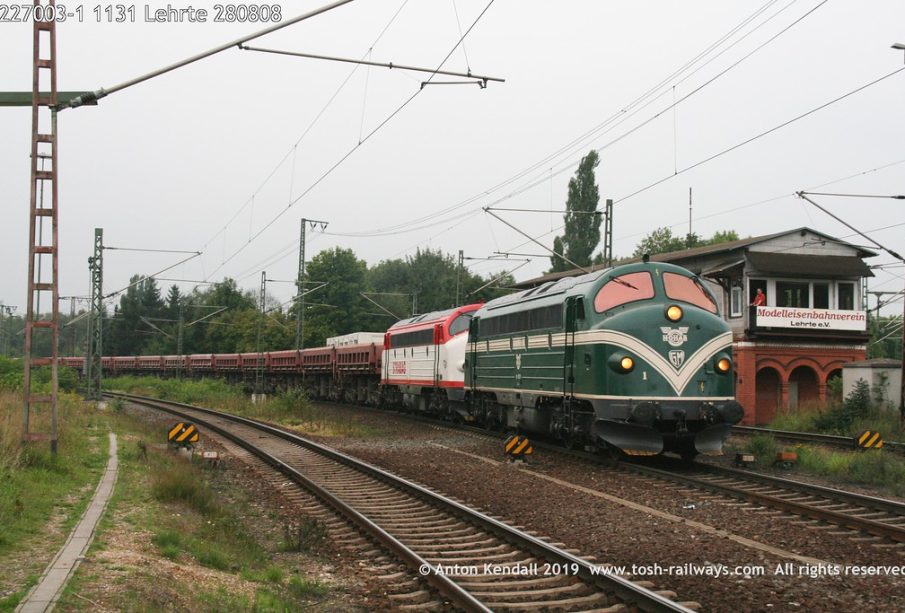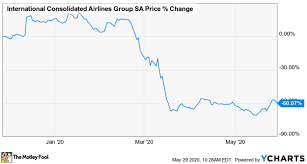Germany: A Hub of Innovation and Cultural Heritage

Introduction
Germany, the largest economy in Europe and the fourth largest in the world, has long been recognised for its rich history, cultural significance, and technological innovation. With a population of over 83 million, this central European nation plays a critical role in shaping European and global affairs. The importance of understanding Germany’s current events and trends is paramount for anyone interested in the geopolitical landscape, economic developments, or cultural exchanges.
Current Events and Developments
As of October 2023, Germany is grappling with a range of pressing issues, from energy transition challenges to addressing demographic shifts and integration of migrants. The government has been actively promoting renewable energy sources, aiming to achieve 80% of electricity from renewables by 2030. The shift largely stems from the need to decrease dependence on fossil fuels, particularly in the context of rising energy prices exacerbated by the recent geopolitical tensions.
Moreover, Germany’s robust economy continues to be a global leader in technology and innovation, particularly in areas such as automotive engineering, pharmaceuticals, and digital technology. The state has been investing heavily in research and development, fostering partnerships between universities and enterprises to maintain its competitive edge.
Socially, Germany is undergoing significant demographic changes, with a growing number of migrants and refugees seeking asylum. The country’s openness to immigration has led to vibrant multicultural cities while also presenting challenges in terms of integration and social cohesion. Recent surveys indicate that public opinion is divided, as many citizens support immigration for its economic benefits, whilst others express concerns over cultural integration.
Conclusion and Significance
In conclusion, Germany remains a vital player on the world stage, driving innovative practices in various sectors and setting an example in cultural diversity. The nation’s strategies to tackle environmental, economic, and social challenges will not only affect its own future but also the broader European landscape. For readers, understanding these dynamics is essential for comprehending the interconnectedness of global economies and the importance of cultural exchanges in fostering international relationships. As Germany continues to evolve, it will be crucial to observe how these factors shape the country and its role in the international community.







